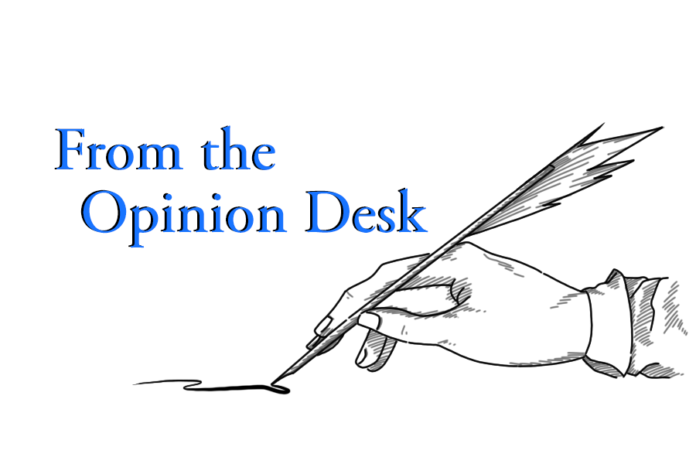Should environmentalists be encouraged or discouraged by his brief tenure on the national stage?
Even though I’ve now been in California for three years, I’m still a Washington resident; I grew up just north of Seattle. As a proud Washingtonian, I was excited when my governor, Jay Inslee, announced in March that he’d be running for president.
Of course, my fellow residents of the Evergreen State and I can find a fair amount of local-level Inslee news to gripe about, but it was refreshing to have a serious presidential contender from our state, which has never produced a president. What was even more refreshing about Inslee’s candidacy (even when controlling for my Pacific Northwest bias) was his singular focus on climate change. Surely a candidate who made climate change the organizing principle of his campaign would finally be the catalyst to get moderates and progressives on the same page about the urgency of the issue, right?
Well, not really. While Inslee had the donors, he couldn’t even crack the 2% polling numbers needed to qualify for last month’s debate. So, in late August Inslee dropped out of the race. At first glance, that seems like a colossal failure, but that view depends largely on what Inslee’s goals were when he first tossed his hat in the ring.
From his campaign launch, I didn’t think there was much of a chance that Inslee would become the nominee. I believed his presence in the race could be essential in keeping environmental and climate policy at the forefront of the national conversation, holding the other candidates’ feet to the fire. If Inslee didn’t see himself actually winning the nomination, and his primary objective was simply to get the other candidates to take environmental issues more seriously, then he was successful. Many of the other candidates, like Bernie Sanders, have released comprehensive climate change plans, crediting Inslee for elevating the issue and crafting detailed policy proposals.
However, if Inslee’s ego is as big as a career politician’s smile with pearly whites like his, then he probably fancied himself going a lot further than he actually did. This makes it more disappointing that he didn’t have the right people and strategy behind him to propel him forward, communicate his message more effectively and appeal to a broader coalition. That failure to develop a strong base and make a dent in the polls could suggest that his run may have been more about promoting his own image and brand (or possibly auditioning for a cabinet position) than it was about the issue of climate change itself.
The gladiatorial style of the debates certainly did not help him. As the Washington Post pointed out, the inability of a successful, experienced and well-qualified governor to gain any traction with voters points to major flaws in the DNC’s selection and debate process as a whole. The New Yorker suggested that his “can-do, optimistic nature” may not have been the right fit for the younger generation’s approach, which is “bleaker in tone and more transformative in program.” Nonetheless, some of the blame must fall on Inslee for failing to make a better impression on and connection with voters.
Overall, it’s just bad optics that the so-called “climate candidate” of a party that claims to be the champions of the environment could not gain a strong enough following to make it to the third debate, much less the primaries. This points to the discouraging prospect that climate change and environmental sustainability may not matter as much to most Democratic voters as environmentalists and conservationists think it should. In order to actually convince the people who need convincing of the seriousness of man-made environmental problems, we cannot allow this type of story to go through the Fox News IV drip.
Even so, it’s already been two months since Inslee dropped out of the race, and we are still talking about him and his proposals, which is good. Other candidates have thanked him on the campaign trail, and even though the DNC decided not to have a “Climate Debate,” Inslee did make enough noise for CNN to take the initiative and host a Climate Town Hall. Ironically, Inslee could not participate.
There is cause for optimism. But I don’t think we can declare Inslee’s campaign a success until the biggest headline to come out of future climate debates is about a novel environmental policy proposal rather than the fact that Joe Biden’s eye blew up on live TV.
Written by: Benjamin Porter— bbporter@ucdavis.edu
Disclaimer: The views and opinions expressed by individual columnists belong to the columnists alone and do not necessarily indicate the views and opinions held by The California Aggie.




